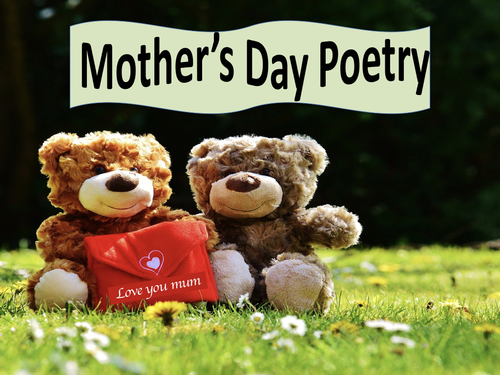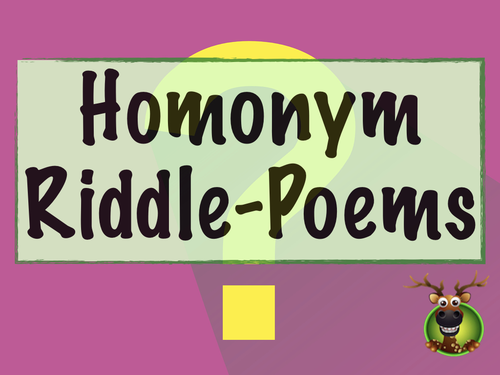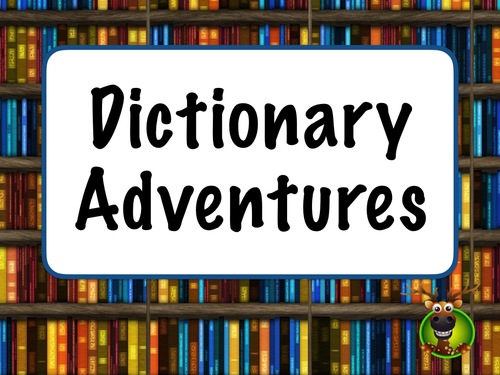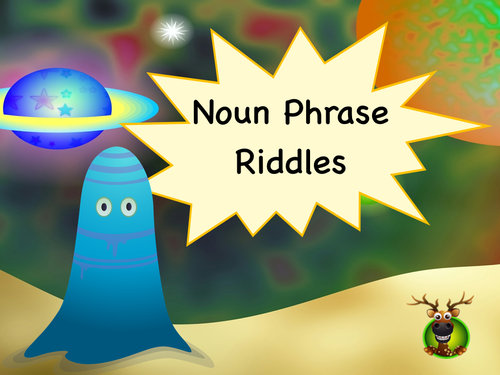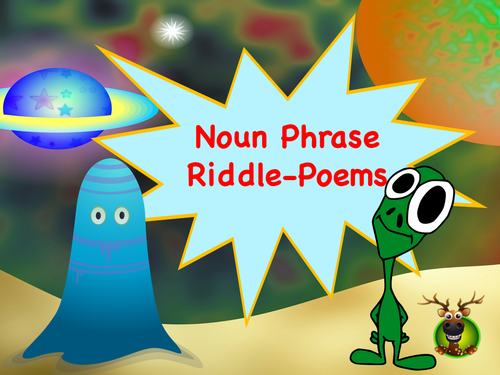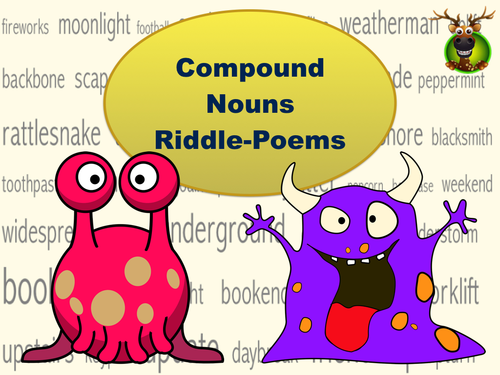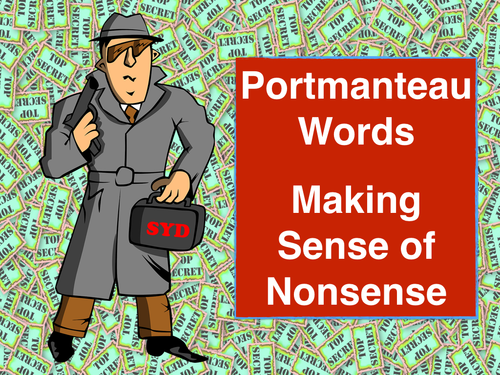The Goodeyedeers Shop
Welcome to Goodeyedeers - the home of quality resources for primary teachers. Visit us and check out some great ideas. I'm Mike Jackson, a former primary headteacher. I've teamed up with a fellow retiree David Horner who was a freelance children's poet delivering poetry workshops to children and teachers in schools across this country and abroad. Between us, we bring an extensive wealth of knowledge and experience to the task of creating quality resources.










